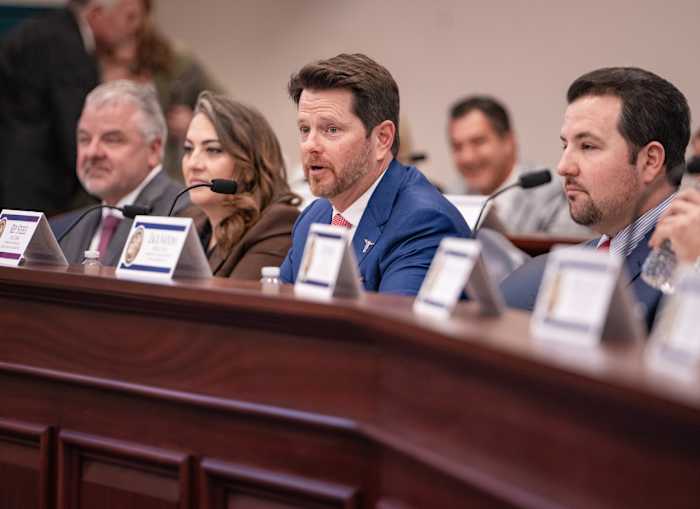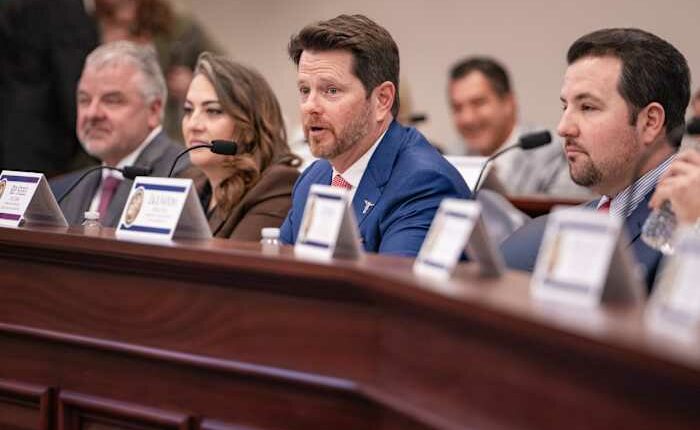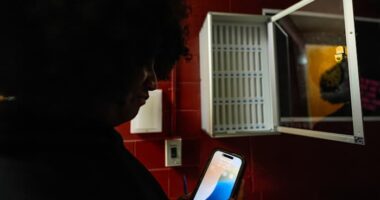Share this @internewscast.com

PASCO COUNTY, Fla. – State Representative Kevin Steele has decided to withdraw from the race for Chief Financial Officer, opting instead to run for re-election in his current district in Pasco County, as announced on Thursday.
Steele, the founder of the Tampa-based health-care tech firm DataLink Software and known as the wealthiest state legislator since his election in 2022, explained that this choice was made with his family in mind.
“Being available for my family and remaining close to home is of utmost importance, and I am committed to serving my community with the dedication and conservative leadership they have come to expect,” Steele expressed in his statement.
Last November, Steele, a Republican from Dade City, entered the race to challenge CFO Blaise Ingoglia in the Republican primary. Ingoglia, who previously served as a state senator, was appointed CFO by Governor Ron DeSantis last summer and has been instrumental in advocating for DeSantis’ initiative to reduce property taxes.
Initially, Steele received the endorsement of U.S. Senator Rick Scott, a former Florida governor, in his bid for the CFO position. However, Steele has now thrown his support behind Ingoglia to retain the Cabinet role.
Ingoglia has amassed $710,713 through his campaign efforts, while his political committee, Friends of Blaise Ingoglia, reported having approximately $3.5 million available as of December 31.
Steele had raised just $15,341 for the contest and loaned his campaign $5 million as of Dec. 31. He had spent less than $4,000.
The Cabinet job opened last spring when former CFO Jimmy Patronis successfully ran for a congressional seat.
State Sen. Joe Gruters, a Sarasota Republican who in August was elected chairman of the Republican National Committee, continues to keep open a campaign account for the statewide CFO office.











